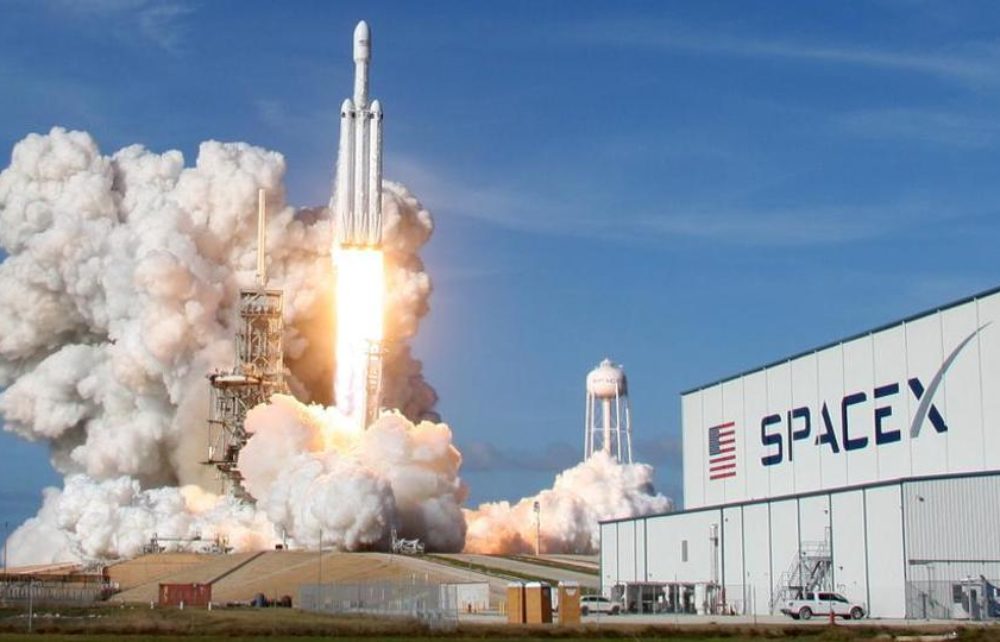Space cooperation is crucial to the future of Latin America and China is an important partner, according to Marco Antônio Chamon, president of the Brazilian Space Agency.
Chamon participated in the Space Cooperation Forum between China and the Latin American and Caribbean countries, this week in Wuhan, Hubei Province, central China.
China’s advances in recent years are impressive, especially in the exploration of outer space, Chamon said highlighting two important points for Brazil: the evolution of launching capacity, with larger and more powerful launchers; and the advances in the area of Earth observation, by radar.
China and Brazil have a history of more than 30 years of space cooperation. Chamon said that, in addition to the CBERS program of satellites of terrestrial resources, the most visible part of Brazil-China cooperation, two other projects of importance are the joint laboratory for space climate studies, which is dedicated to the study of the ionosphere and its effects on terrestrial systems (such as geo-positioning systems, communication systems and electrical energy transmission systems); and the BINGO telescope for cosmology studies.
Chamon said that Latin America, will depend even more in the future on information obtained from space. More than areas of knowledge or applications, such as science, telecommunications or defence, space will make a significant contribution to global challenges such as climate change or plastic pollution in the sea.
These challenges are interdisciplinary, involving various areas of knowledge and affecting different aspects of society, and no country can solve such challenges alone. Thus, cooperation in the space area is crucial for the future of Latin America and China is an important partner.
New Brazil-China satellite will monitor deforestation in the Amazon
Chamon showed confidence in the future of space cooperation between China and Brazil: “We are working together on an imaging satellite using radar technology that, for us, is very important as information complementary to the optical satellites that we already have in our partnership.
“The relationship with China is a long-term, fruitful and successful relationship, and I believe that we will still make a lot of progress towards other satellites and other technologies”, he added.




